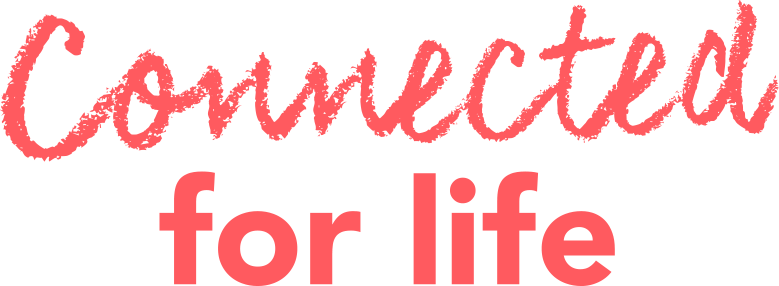We recently read the following article, entitled 'Why Unloved Daughters Struggle to Escape Shame'. We have worked with many people who have grown up feeling that one or both of their parents didn't love them. Some of these parents have struggled to fully connect with their own children, even though they desperately love them and they feel deep shame about this.
Feeling unloved as a child creates a deep sense of shame and a core belief throughout life that you are unlovable, bad or flawed in some way.
When a child grows up with the experience of feeling unloved this does not necessarily mean that the parent or parents in question did not love that child. Parents who themselves have experienced adversity in childhood arrive at parenthood with a deep sense of shame and a core belief that they are unlovable, bad or flawed. This can lead to a sense of not being good enough as a parent or feeling frightened, powerless or angry in the face of their child's emotional distress.
When faced with their child's distress these parents may believe they are not able to soothe or comfort their child, which exacerbates their sense of being bad, flawed or simply not being good enough. They may:
· become angry with their child, which may result in physical abuse.
· become distressed, which may lead them to turn to alcohol or drugs to self soothe.
· feel powerless and believe that their child would be better off without them, which may lead them to reject their child.
These behaviours not only cause their child to grow up feeling unlovable, unwanted or rejected, they also cause the parent to feel even more shame, rendering them even less able to deal with their child's distress in future.
There are many reasons why ACEs are often repeated from generation to generation, including epigenetics, the impact of toxic stress on the brain and body and attachment and self-regulation issues. However, it is very clear that hurt people can hurt people.
The key to preventing this cycle is awareness and courage. Understanding and making sense of our own childhood experiences is the greatest gift we can give to ourselves, our children and our children's children. We have both seen many examples of families in which problematic intergenerational patterns have been stopped in their tracks. This occurs when a brave and courageous individual comes to an awareness that there is a pattern that needs to be broken and makes a conscious decision not to replicate what happened to them. It is never easy, but with support from others, strength and resilience, intergenerational transmission of ACEs does not have to be the norm.

